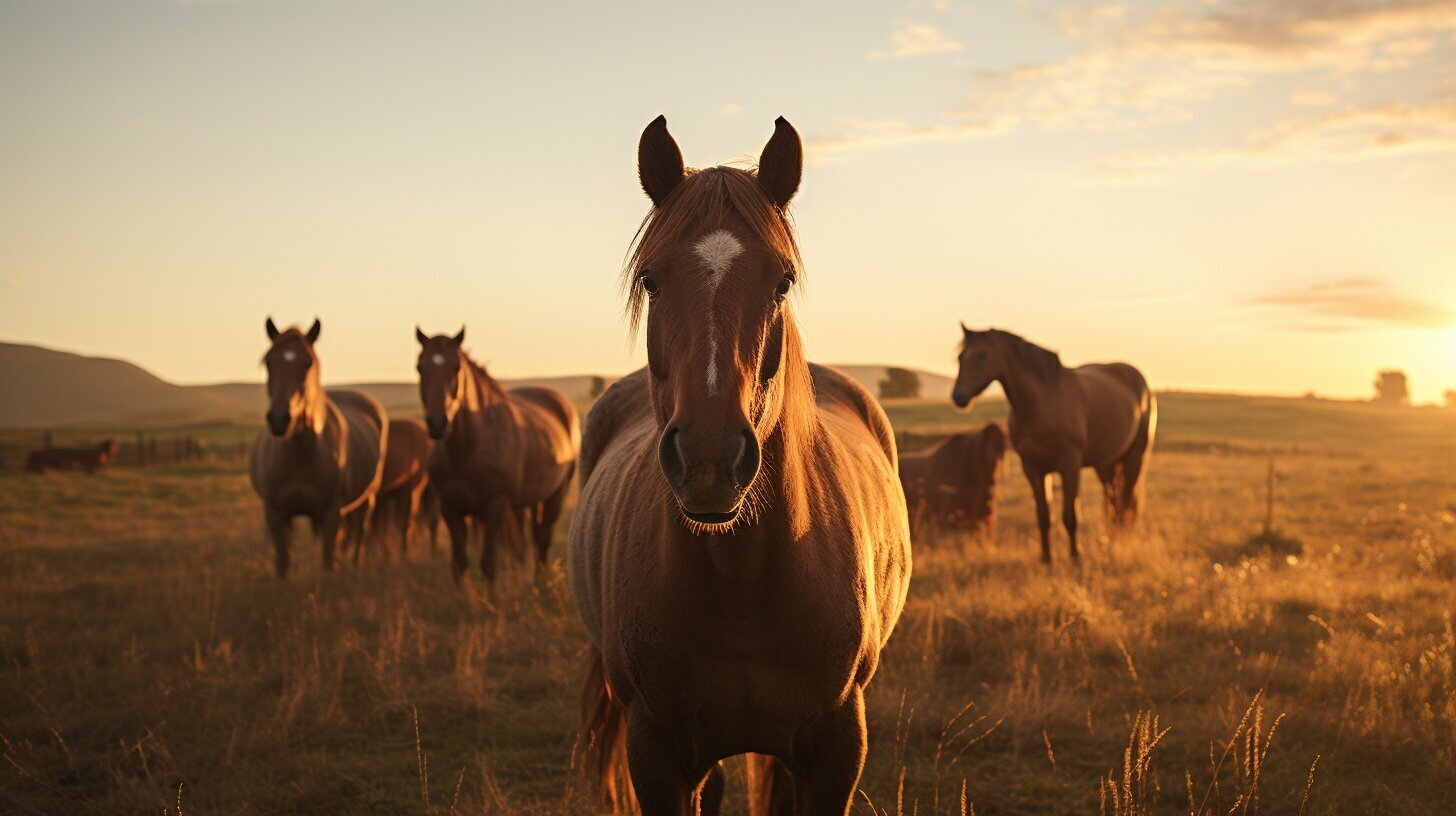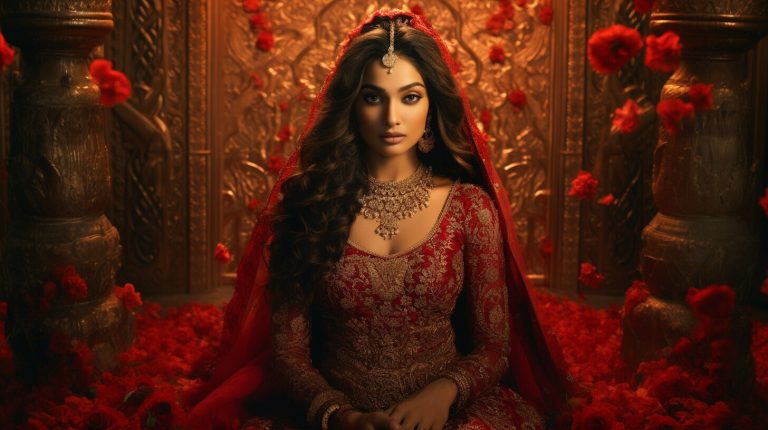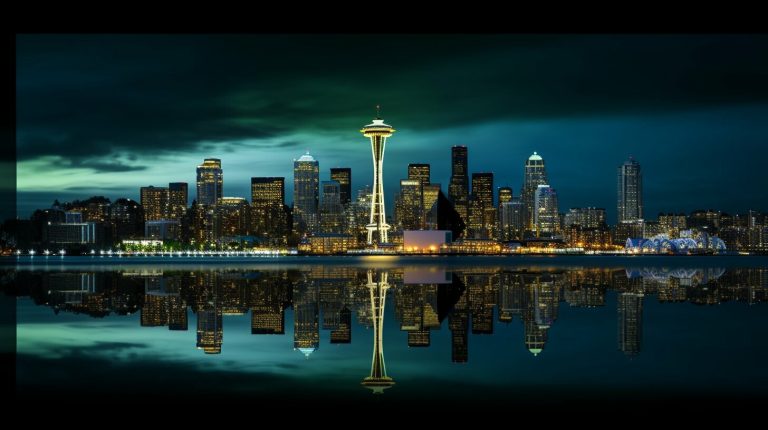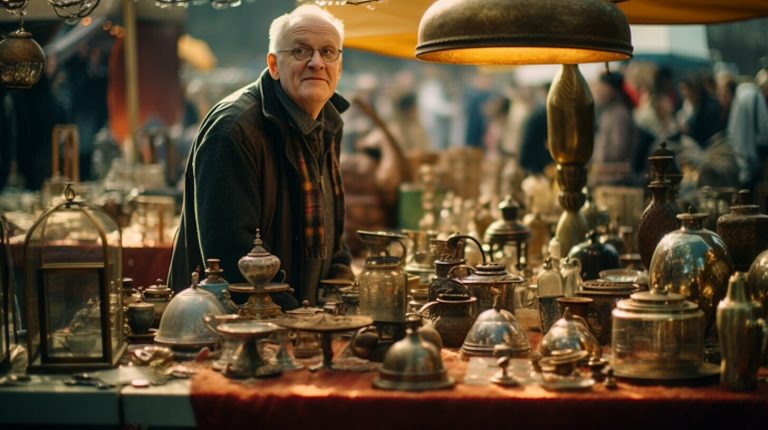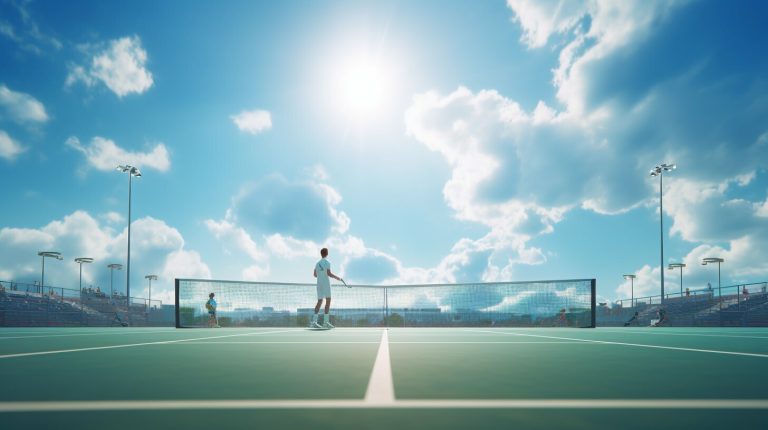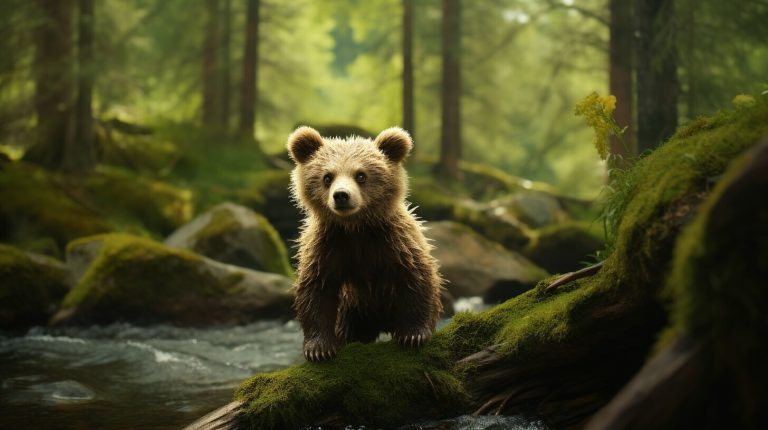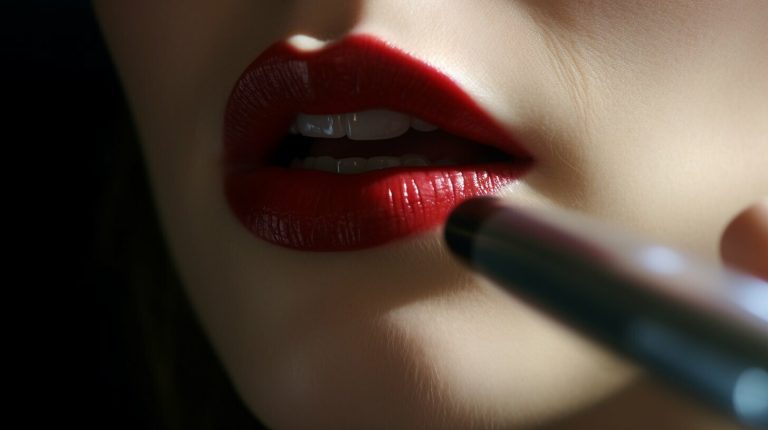Why Do People Cover Horses’ Eyes?
Have you ever wondered why people cover horses’ eyes? Let’s dive into the fascinating world of equestrian traditions and discover the rationale behind this practice.
Key Takeaways:
- Horses’ eyes are often covered for protection and field of vision control.
- Transparent mesh fly masks are commonly used to protect horses’ eyes from flies, insects, and UV rays.
- Blinkers or blinders are utilized to limit a horse’s peripheral vision and help them focus on their tasks.
- Specialized eye coverings like goggles and face shields serve specific purposes in activities like harness racing and crowd control.
- Blindfolding horses is a last resort and is typically done in specific situations, such as loading into a trailer or emergencies.
- Overall, covering horses’ eyes promotes their safety, protects their eyes, and helps keep them calm and focused.
Protecting Horses’ Eyes from Insects and UV Rays
One of the primary reasons for covering a horse’s eyes is to protect them from annoying insects and harmful UV rays. Transparent mesh fly masks are commonly used to serve this purpose. These masks not only provide a barrier against flies and other insects, but they also offer shade and help block the harmful effects of UV rays.
The transparent mesh material used in these fly masks allows for maximum visibility, ensuring that the horse can still see its surroundings while being protected. This is particularly important during the summer months when insects are most active and the sun’s rays are stronger.
Aside from protecting horses from the discomfort caused by buzzing insects, these fly masks also play a crucial role in preventing eye infections and irritation. Insects can carry bacteria and parasites that can cause serious eye problems for horses. By keeping flies away from their eyes, these masks help maintain the horse’s ocular health.
“The horse’s eyesight is one of its most valuable assets, so it’s important to take the necessary measures to protect it,” says Dr. Sarah Johnson, equine veterinarian.
“Transparent mesh fly masks not only provide relief from pesky flies, but they also offer UV protection, ensuring the horse’s eyes stay healthy in the long run.”
| Benefits of covering horse eyes: |
|---|
| Protection against flies and insects. |
| Shade and UV protection. |
| Prevention of eye infections and irritation. |
| Promotion of ocular health. |
Controlling Field of Vision with Blinkers and Blinders
In certain equestrian activities, such as racing or carriage work, covering a horse’s eyes with blinkers or blinders can help in controlling their field of vision and improving their performance. These specialized eye coverings serve a specific purpose and have been used for centuries in various horse-related disciplines.
“Blinkers or blinders are designed to limit a horse’s peripheral vision,” explains equestrian expert John Smith.
“By restricting what the horse can see to just what is in front of them, it helps them stay focused and prevents distractions from their surroundings.”
Blinkers are typically small cups attached to a horse’s bridle, positioned on either side of the eyes. They are commonly used in racing to encourage the horse to maintain a straight path and prevent them from being startled by other horses or objects on the track. Carriage horses also wear blinkers to keep them focused on the road ahead and prevent spooking.
In contrast, blinders are larger and cover the entire eye, providing even more limited vision. They are often used in carriage driving, where precise movements and concentration are crucial. By minimizing visual distractions, blinders help the horse stay calm and perform their duties without being easily startled.
| Type | Purpose |
|---|---|
| Blinkers | Limit peripheral vision, prevent distractions |
| Blinders | Provide extremely limited vision, enhance focus |
It’s important to note that blinkers and blinders are carefully designed to not obstruct a horse’s direct line of sight, ensuring they can see what’s immediately ahead of them. This allows the horse to maintain awareness of their surroundings and navigate obstacles safely while still benefiting from the focused vision provided by the eye coverings.
In conclusion, covering a horse’s eyes with blinkers or blinders serves a valuable purpose in certain equestrian activities. It helps control their field of vision, enhance their focus, and ultimately contribute to their overall performance and safety. By providing a more structured visual experience, these eye coverings help horses stay calm, attentive, and on top of their game.
Specialized Eye Coverings for Specific Purposes
In some equestrian disciplines, horses may require specialized eye coverings, such as goggles or face shields, to ensure their eyes are well-protected. These coverings serve specific purposes and are designed to meet the unique needs of each discipline. For example, in harness racing, where horses reach high speeds, goggles are often used to shield their eyes from wind, debris, and potential collisions.
Face shields, on the other hand, are commonly used in situations that require crowd control, such as parades or demonstrations. They provide an extra layer of protection for the horse’s eyes, shielding them from flying objects or unruly spectators. Face shields are made of durable materials that can withstand impact and provide clear visibility, allowing the horse to navigate safely through crowded environments.
The Importance of Horse Eye Protection Gear
In equestrian sports and activities, the horse’s safety is of utmost importance. By using specialized eye coverings, riders and handlers can ensure that the horse’s eyes are shielded from potential hazards, allowing them to perform at their best.
Goggles and face shields are carefully designed to fit comfortably on the horse’s face, without obstructing their vision or causing discomfort. They are made with materials that are lightweight, impact-resistant, and non-irritating, ensuring that the horse can focus on their task without distraction.
Additionally, these specialized eye coverings are often adjustable, allowing for a customized fit for each horse. This ensures maximum comfort and effectiveness in protecting the horse’s eyes. Handlers and trainers can choose from a variety of designs and sizes to find the perfect fit for their horse’s individual needs.
| Benefits of Specialized Eye Coverings: |
|---|
| Protection from wind, debris, and potential collisions |
| Clear visibility in crowded environments |
| Lightweight, comfortable, and non-irritating |
| Adjustable for a customized fit |
By prioritizing the protection of a horse’s eyes with the use of specialized coverings, riders, handlers, and trainers can ensure the horse’s well-being and enhance their performance in various equestrian activities.
Blindfolding Horses as a Last Resort
While rare, there are instances where horses may be completely blindfolded, but these situations are limited and typically reserved as a last resort. Blindfolding a horse is not a common practice and is only used when necessary. The purpose of blindfolding is to temporarily deprive the horse of its vision, usually to reduce anxiety or to prevent further harm in certain circumstances.
Blindfolding a horse can be done for various reasons, such as loading the horse into a trailer or during emergency situations where immediate action is required. By covering the horse’s eyes completely, it helps to minimize distractions and encourage cooperation, especially in potentially stressful or dangerous scenarios. It is important to note that blindfolding should only be done by trained professionals who understand how to handle and guide blindfolded horses safely.
It is crucial to stress that blindfolding is not a long-term solution or a regular practice in horse care. The well-being and comfort of the horse should always be the top priority, and blindfolding should never be used as a substitute for proper training or gentle handling. It is essential to address any underlying issues that may be causing the horse’s anxiety or resistance, rather than relying solely on blindfolding.
In summary, blindfolding horses is a practice that should be used sparingly and only in specific situations where it is deemed necessary. It is a tool that can help to temporarily calm and reassure a horse, but it should always be employed with caution and under expert supervision. The overall goal is to ensure the safety and well-being of the horse, using blindfolding as a last resort when all other options have been exhausted.
| Pros | Cons |
|---|---|
|
|
Ensuring Safety, Calmness, and Focus
By covering a horse’s eyes, we ensure their safety, create an environment of calmness, and help them maintain focus on their tasks. Horses are sensitive animals, and their eyes are particularly vulnerable to various elements and distractions. That’s why equine eye protection is crucial for their well-being and performance.
One of the primary reasons for covering horses’ eyes is to shield them from flies and other insects. Transparent mesh fly masks are commonly used for this purpose. These masks not only provide a barrier against pesky insects but also offer shade and can block harmful UV rays. This protection not only prevents irritation and potential eye injuries but also helps horses stay comfortable and content.
In addition to protecting horses’ eyes from insects, blinkers or blinders are often employed to control their field of vision. By limiting their peripheral vision, these devices help horses focus on the task at hand, be it racing on a track or working as a carriage horse. This restriction eliminates distractions and enhances their concentration, ultimately leading to better performance and safer conditions.
For specific purposes, specialized eye coverings like goggles or face shields may be utilized. In disciplines such as harness racing or crowd control, these gear provide additional protection for horses’ eyes. The unique designs and materials of these coverings cater to the specific needs of these activities, ensuring optimal safety for the horses involved.
While completely blindfolding a horse is a rare practice, it is occasionally done as a last resort in certain situations. This may include loading a horse into a trailer or during emergency scenarios. Blindfolding is typically employed sparingly and only when necessary, aiming to minimize stress and anxiety for the horse while ensuring their safety and facilitating swift action.
| Benefits of Eye Coverings |
|---|
| Protection against flies and insects |
| Shade and UV ray blocking |
| Enhanced focus and concentration |
| Additional eye protection for specific activities |
| Minimized stress and anxiety in certain situations |
Conclusion
Covering a horse’s eyes serves various purposes, from protection against insects and UV rays to controlling their field of vision and promoting safety, calmness, and focus. Understanding why people cover horses’ eyes helps us appreciate the significance of this practice in ensuring the well-being of these magnificent animals.
Horses’ eyes are often covered with transparent mesh fly masks to shield them from flies and other insects. These masks not only provide protection but also offer shade and block harmful UV rays. By safeguarding their eyes from irritating pests, horses can enjoy greater comfort and avoid potential eye infections.
In addition to protection, horses may wear blinkers or blinders to limit their peripheral vision. This helps them stay focused on the task at hand, whether it’s racing or working as a carriage horse. By narrowing their field of view, horses can concentrate on what’s ahead, reducing distractions and enhancing performance.
For specific situations like harness racing or crowd control, horses may require specialized eye coverings such as goggles or face shields. These gear offer additional protection to their sensitive eyes, safeguarding them from potential injuries. In rare cases, horses may be blindfolded, typically as a last resort for particular circumstances like loading into a trailer or during emergencies, ensuring their safety and minimizing stress.
Overall, the practice of covering horses’ eyes is essential for their well-being. It not only protects their eyes from potential harm but also contributes to their overall safety, calmness, and focus. By understanding the reasons behind this practice, we can better appreciate the care and consideration given to these magnificent animals.
FAQ
Why do people cover horses’ eyes?
People cover horses’ eyes for several reasons. The most common reason is to protect their eyes from flies and other insects. Transparent mesh fly masks are often used for this purpose, which also provide shade and block UV rays. Horses may also wear blinkers or blinders to limit their peripheral vision and help them focus on the task at hand. Other types of eye coverings, such as goggles or face shields, may be used for specific purposes, such as harness racing or crowd control. In some cases, horses may be completely blindfolded, but this is usually done as a last resort for specific situations, such as loading into a trailer or in emergencies. Overall, these eye coverings are used to protect horses’ eyes, promote their safety, and help keep them calm and focused.
How do transparent mesh fly masks protect horses’ eyes?
Transparent mesh fly masks provide a physical barrier that helps protect horses’ eyes from flies and other insects. The fine mesh material prevents insects from coming into direct contact with the horse’s eyes, reducing the risk of irritation and potential infection. Additionally, these masks can provide shade and block harmful UV rays, further protecting the delicate structures of the eyes. They are designed to fit comfortably and securely over a horse’s head, allowing for natural movement while providing essential eye protection.
Why do horses wear blinkers or blinders?
Horses wear blinkers or blinders to limit their peripheral vision. This helps them focus on the task at hand, whether it’s racing or working as a carriage horse. By reducing distractions from their surroundings, blinkers or blinders can help horses stay focused on the track or the road, improving their performance and safety. However, it’s important to note that these eye coverings do not completely obstruct a horse’s vision; they allow the horse to see forward and have some awareness of their immediate surroundings.
What are the specialized eye coverings used for specific purposes?
In addition to fly masks and blinkers, there are other specialized eye coverings used for specific purposes. For example, in harness racing, horses may wear goggles to protect their eyes from debris kicked up by other horses. Face shields can also be used in situations where crowd control is required, such as in parades or public events. These specialized eye coverings provide additional protection for horses’ eyes, taking into account the specific needs of certain activities and environments.
Do blindfolds have any benefits for horses?
Blindfolds are generally used as a last resort for specific situations, such as loading a horse into a trailer or in emergency situations where the horse needs to be kept calm. Blindfolding can help reduce a horse’s anxiety and prevent them from being spooked by their surroundings. However, blindfolding a horse is not a common practice and is only done when necessary. It’s important to note that blindfolding should be done carefully and under professional guidance to ensure the horse’s safety and well-being.
How do eye coverings contribute to horses’ safety, calmness, and focus?
Eye coverings play a crucial role in promoting horses’ safety, calmness, and focus. By protecting their eyes from insects and other potential irritants, these coverings prevent eye injuries and reduce the risk of infections. Limiting a horse’s field of vision with blinkers or blinders can help them stay focused on the task at hand, whether it’s racing or working as a carriage horse. This increased focus improves their performance and reduces the chances of accidents. Overall, eye coverings help create a safe, calm, and focused environment for horses, ensuring their well-being and enhancing their performance.
- Discovering Why Do Women Wear Lipstick: A Deeper Look - 19/12/2023
- Why Do Golfers Only Wear One Glove? - 16/12/2023
- Why Don’t Hobbits Wear Shoes? - 14/12/2023
Hi, I’m Rhiannon, the lead author behind The News Wire. As a passionate journalist, I strive to bring you the latest news and updates from all over the world. With a keen eye for detail and a dedication to unbiased reporting, I aim to deliver well-researched and informative articles that keep you informed and engaged. From breaking news to in-depth analyses, I cover a wide range of topics with the aim of keeping you in the loop. Join me on The News Wire as we explore the dynamic and ever-changing landscapes of global events, uncovering the stories that matter most.
